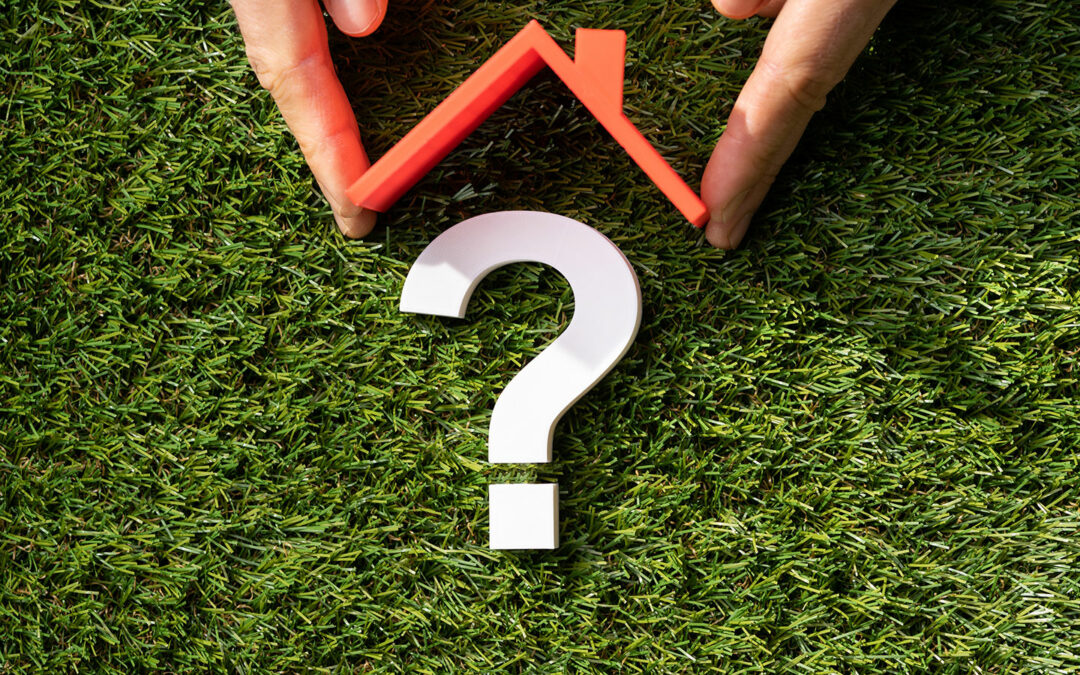With a new year comes new questions, most importantly: Is your home using energy efficiently? It may be hard to know if your home is losing energy. Even if your home is newly built, you may be losing or wasting energy in places you wouldn’t expect. By pinpointing some of the easier areas to address, you can prioritize your energy efficiency upgrades. When walking around your house, ask yourself these questions to access your home’s energy usage.
Are there any air leaks present?
Check the gaps along the edge of flooring and the intersection of walls and the ceiling for leaks. Be sure to check windows, doors, lighting and plumbing fixtures, switches, and electrical outlets. If you feel a draft, there’s a leak. Leaks can also occur on the outside of your home. Be sure to check in areas where two different building materials meet. Potential energy savings from reducing air leaks can range from 10% to 20% per year—which equates to a lot of money for you.
If you find air leaks in faucets, pipes, electric outlets, or wiring, you can seal them with caulk. If you find cracks or holes in the foundation or siding of your home, seal them with the appropriate material.
Are my home’s insulation levels sufficient?
Your home could be losing heat through the floor, ceiling, or walls if the insulation levels are less than the recommended minimum. If you have an older home, the amount of insulation your home has may be inadequate.
The most easily accessible place to check your insulation is in your attic. Check that any openings for items such as pipes, ductwork, and chimneys are sealed. If they’re not, seal the gaps with a permanent sealant like expanding foam caulk. If you’re sealing a gap around a chimney or another heat-producing area, be sure to use a non-combustible sealant.
How is my heating and cooling equipment performing?
You should inspect your heating and cooling equipment every year. If you have forced air heating, you should change your filters once every month or every other month, depending on usage. You should have a professional check and clean your equipment once a year.
If your heating and cooling unit is more than 15 years old, consider replacing it. There have been many technological advances in the past 15+ years. Units on the market today are much more energy-efficient than older ones. A new unit can greatly reduce your energy consumption and save you a lot of money.
Are my lighting choices efficient?
Energy for lighting accounts for about 10% of your electricity costs, so changing your lightbulbs to energy-efficient choices can add up to major savings. Inspect the light bulbs in your house. Are they incandescents? If so, you’re wasting a lot of energy—90% of the energy used for these bulbs goes toward heat, and only 10% toward light. Replace these bulbs with more energy-efficient choices like LEDs or CFLs. If you have sensors, dimmers, or timers in your home, you can leverage them to further increase your energy efficiency.
How much energy do my appliances and electronics use?
You may not think it, but the appliances and electronics you use and how much you use them can affect your energy costs. You can use this formula to estimate an appliance’s energy use: (wattage x hours used per day) ÷ 1000 = daily Kilowatt-hour (kWh) consumption. Multiply this by the number of days you use the item per year to get the annual consumption in kWh per year. If that number is higher than expected, consider purchasing a new, more efficient product.
By unplugging items when they’re not being used, you can prevent phantom loads, or the electricity consumed by an electronic device while it’s turned off. Phantom loads can contribute an extra 10% to your monthly energy bill!
Start off 2022 by taking your home’s energy usage into your hands. By ensuring your home is energy efficient, you can reduce your energy bill and your impact on the environment!
